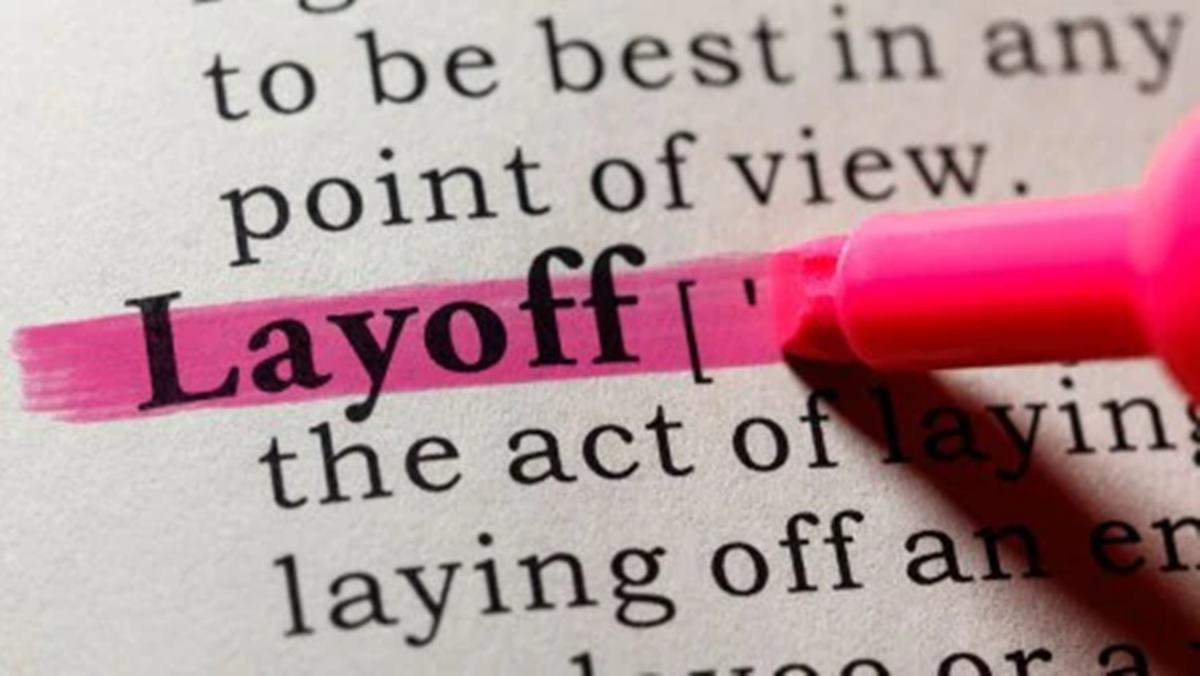Employers should do more to counteract workplace drinking cultures, as research finds that a third of UK workers have called in sick because of the effects of alcohol after work-related events.
Pressure to drink at work events is contributing to widespread alcohol-related absences and presenteeism across all sectors, according to a report from the Institute for Public Policy Research (IPPR).
One-quarter (24%) of workers said they sometimes felt pressured to drink when they didn’t want to, rising to 38% among employees aged 18-24.
Thirty-one per cent have called in sick in the past year after drinking at work-related events, while 22% reported working while hungover, and 29% had observed colleagues being sluggish after drinking.
Young workers and senior executives are among the most affected groups. While Gen Z may be drinking less overall, the report found they are disproportionately affected by workplace alcohol harm.
Nearly half (43 per cent) of 18 to 24-year-olds reported calling in sick after drinking at work-related events, and more than a third said they felt pressured to drink to fit in or progress professionally. This suggests that even as drinking habits shift, cultural pressures in the workplace continue to drive harm.
The research also found that heavy drinkers, between the ages of 21 and 64, are 3.1 times more likely to exhibit presenteeism than moderate drinkers. They are working, but their capacity is reduced and productivity undermined.
The IPPR said that despite this, most workplaces are doing too little to address the issue. Over half of employees said their employer had not provided any guidance, training, or inclusive alternatives. Yet 73% of workers believe employers have a responsibility to reduce alcohol harm – a clear gap between expectation and action.
The report calls for a whole-society response, including:
- Government action: Reintroducing the alcohol duty escalator, standardising duty rates, and implementing minimum unit pricing in England
- Employer leadership: Creating inclusive workplace cultures, offering alcohol-free alternatives at events, and embedding alcohol harm into HR and wellbeing policies.
Dr Jamie O’Halloran, senior research fellow at IPPR, said: “We often think of alcohol harm as a public health issue, but this research shows it’s a national economic problem. When nearly half of young professionals are calling in sick after workplace drinking, it’s not just a hangover, it’s a productivity crisis. If the government is serious about growth, it needs to take alcohol harm seriously too.”
Managers, directors and senior officials are most likely to engage in heavy drinking, with nearly 15% doing it “at least weekly”. Process, plant and machine operatives are, disturbingly, only very marginally behind.
Sebastian Rees, head of health at IPPR, said: “Employers have a huge opportunity here. By shifting away from alcohol-centric cultures and offering real support, they can boost wellbeing, improve performance, and build more inclusive workplaces. This isn’t about banning drinks – it’s about giving people the choice to thrive without pressure. The evidence is clear: doing nothing is costing us all.”
Source – https://www.personneltoday.com/hr/workplace-drinking-culture-ippr-research-2025/




















